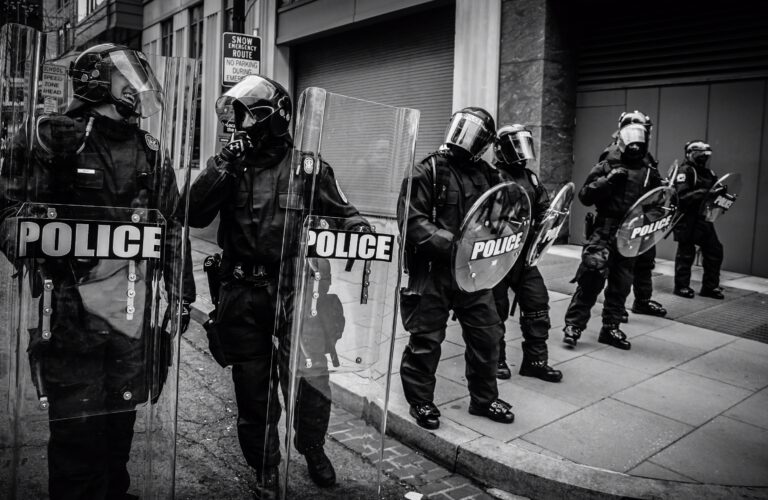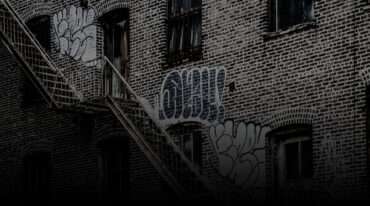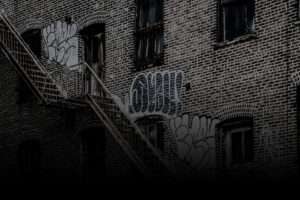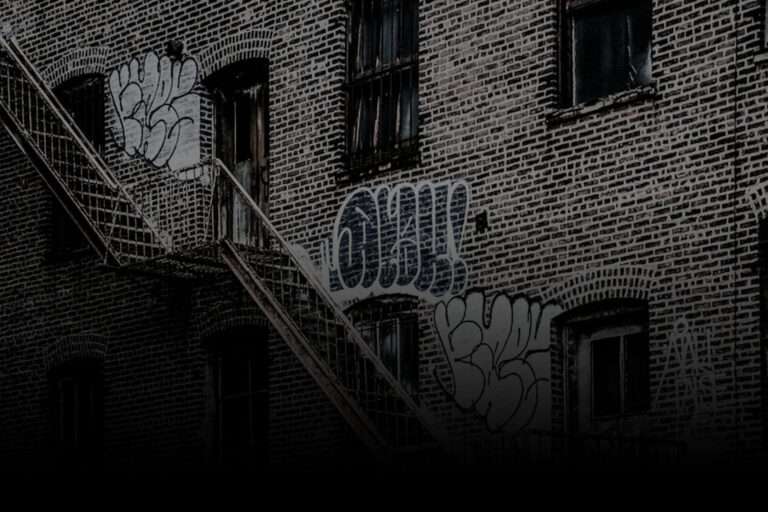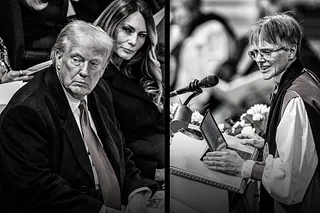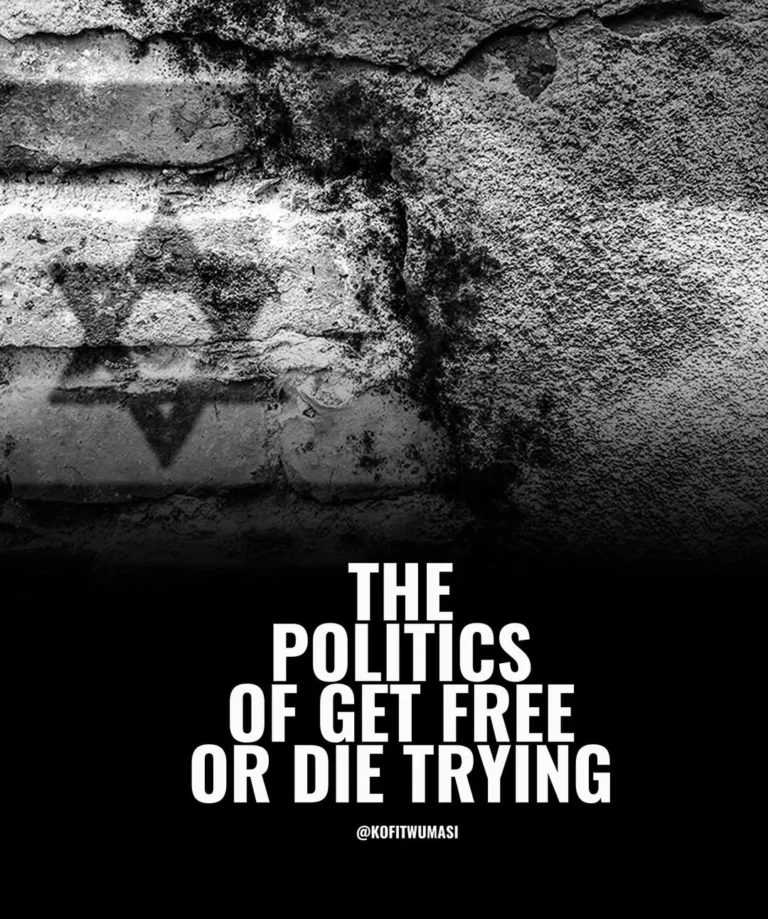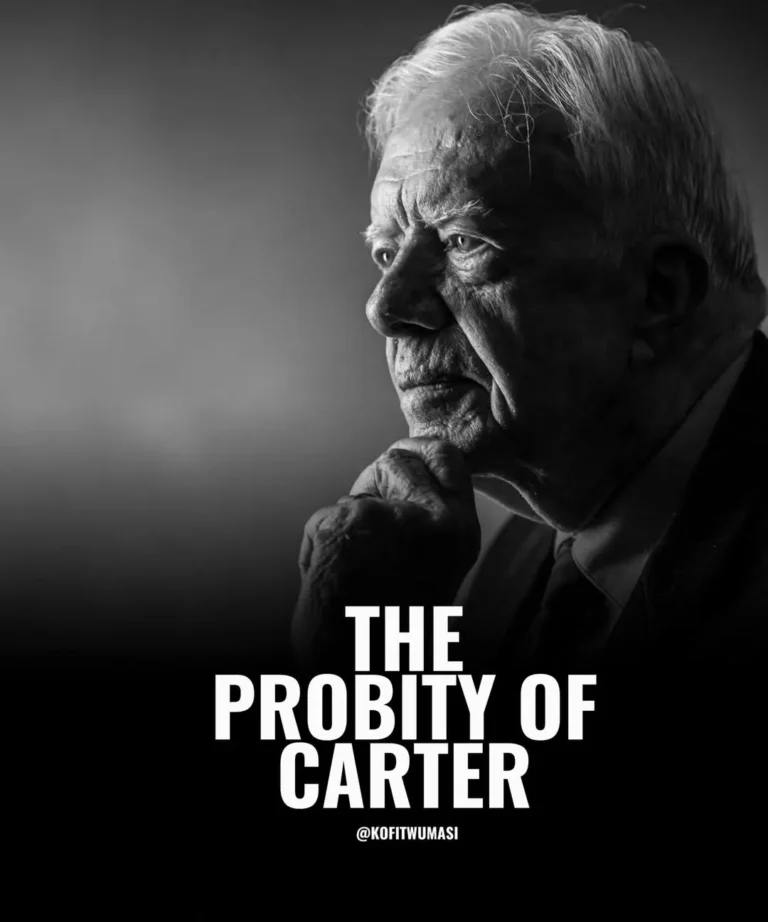Interpersonal obeisance to authority is an instructive impartation ubiquitously deployed across all cultural orthodoxies.
The aforesaid is not an eschewed moral capital—and to wit, it is not an abstained exercise in the corridors of the minoritized class, no matter how quarters of society stylize members of the lower rung of the totem pole as primitive.
The autonomy of the human agency, by default, tempers all imparted instruction—as a corollary of its autonomous ontology, as it reconciles its existential reality, with its exegetical comprehension of its cosmos.
The art of defiance, is not an evenly distributed enterprise, nor one invariably undergirded with the same tenor; the motion of defiance is a potent semblance of remonstration, reactive toward one’s phenomenological experience in their traipsed lebenswelt.
For the minoritized, defiance toward state authority is an agitation toward a unilateral institution—which unmitigatedly serves as a bulwark for one race and as a guillotine of terror to another.
The pulpiteering of behavioral-control scrutiny, echoed by a faction of the dominant society and expressed by black-garbed in-group personalities, is a red herring—which evades America from confronting its chronically diseased posture toward the ethnic minority.
The Black human personality in America is not penalized for its scarcity of decorum during a confrontation with the state, the disenfranchisement is anchored on an identitarian ontological assault.
The crux of the malady is the asymmetrical disposition of state institutions, which disregard the constitutional right of due process (14th Amendment) in their encounters with members of the Black human element.
The negation of the 14th Amendment erodes the nobility for the marginalized, to exercise veneration toward a state institution that polices one milieu divergently than its counterparts.
Defiance, as a corollary, becomes the modus operandi to sound off the alarm of the state’s vile transgressions to beckon civil actors to safeguard the oppressed from the oppressor—a cardinal trinket, as the fulcrum of a social contract is to insulate the perpetually deprived, to nullify any shifting of the onus from the oppressor to the oppressed.
In the overarching motif, the matrix of racism, at its marrow, is an admixture of hegemonic and ville policing—steeped into both covert and overt operations—to maintain institutional purity for one race: It is a vile orientation that becomes a manifested ethos, when a state institution wants to safeguard its space.
The kernel hazard is the camouflaging of state institutional colors, becoming a lethal garb, when it churns innocuous thespians—and slumbered racialized dispositions, into venomous instruments of terror.
The zeitgeist of veneration toward authority is not the malady, it is the draconian deeds by the state vis a vis its proxies, bent on a purposive mission, to indulge in a genocide-esque scheme against the Black human element.
The authority-deficiency pretext is only used as a scapegoat to envelop the sinister assaults against the mortal of a darker hue.
